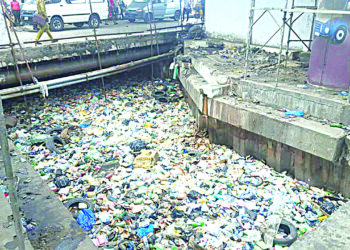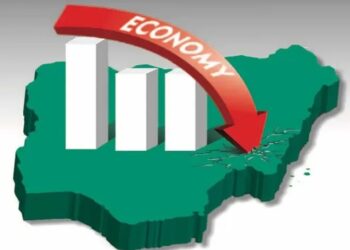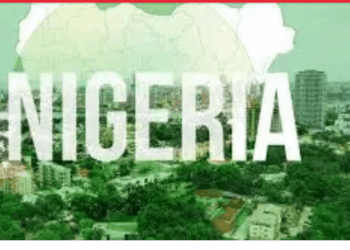Corruption, characterized by the misuse of authority for personal gain, encompasses a wide range of unethical behaviors, including bribery, patronage, and the unauthorised exercise of power. It is a multifaceted phenomenon deeply ingrained in bureaucratic and political institutions, exerting detrimental effects on development by fostering unnecessary government interference and undermining the effective implementation of policies.
Bribery, a prevalent manifestation of corruption, exerts considerable influence over government decisions in various areas such as contracts, taxes, licenses, and permissions. It manipulates the selection of firms for providing goods, services, and works, as well as the terms and conditions of their contracts. Bribes may also be employed to reduce the amount of taxes or fees collected from private entities, often initiated by either the tax collector or the taxpayer. In numerous countries, the tax bill becomes subject to negotiation, further perpetuating corrupt practices.
The issuance of licenses granting exclusive rights, such as land development concessions or the exploitation of natural resources, can become fertile ground for bribery. Unscrupulous politicians and bureaucrats may deliberately establish policies that bestow control rights, which they exploit for personal gain through illicit transactions. Additionally, bribes may be offered to expedite the government’s approval process for legally mandated activities, such as company registration or construction permits. Conversely, the threat of inaction or deliberate delays can be used to extort bribes from individuals or businesses.
Corruption extends beyond the public sector and infiltrates the private sphere, yielding costly consequences. Unregulated financial systems plagued by fraud undermine savings and deter foreign investment, rendering countries vulnerable to financial crises and macroeconomic instability. Such malfeasance is particularly prevalent in resource-rich developing countries, like Nigeria, where the immense profits generated by oil and mining industries create strong incentives for corrupt practices. The weak institutional framework in these nations often fails to resist the allure of corruption, perpetuating its presence.
Quantifying corruption is a complex task, but Klitgaard’s Equation provides a useful framework proposed by Robert Klitgaard in 1998. It posits that corruption (C) can be represented as the sum of economic rent (R), discretionary powers (D), and the degree of accountability (A): C = R + D – A. Essentially, this equation suggests that the higher the presence of economic rent opportunities and discretionary powers in a country, coupled with a lack of accountability, the more corruption will prevail.
Countries with well-functioning markets, a small and decentralized government, and robust institutions that ensure accountability tend to experience lower levels of corruption. Developed nations exemplify these conditions, which contribute to their relatively lesser corruption compared to developing countries that often lack the same institutional strengths.
In Nigeria, corruption represents a significant hurdle to prosperity and development. It impedes the equitable distribution of wealth generated from the nation’s abundant natural resources, while simultaneously weakening critical institutions. Resource-rich countries, including Nigeria, are particularly susceptible to corruption due to the allure of financial gains associated with oil and mining industries. These lucrative sectors, predominantly found in less developed economies, require various permits and extensive interactions with the government, thereby creating ample opportunities for bribery and corruption. Moreover, weak institutional frameworks further exacerbate corrupt practices, perpetuating a vicious cycle.
The consequences of corruption reverberate through multiple facets of society. Public investment projects suffer from wastefulness and inefficiency due to corrupt practices, resulting in significant economic losses. Corruption also erodes tax revenues as individuals resort to bribery to evade their obligations, sometimes exploiting tax loopholes designed in exchange for kickbacks. Governments that succumb to corruption allocate a lower share of their budget to vital sectors like education and healthcare, perpetuating disparities and compromising social development. Studies indicate that countries with higher levels of corruption exhibit lower student performance on public exams, particularly evident in some Sub-Saharan countries.
















Between Depleting Workforce And Declining Productivity